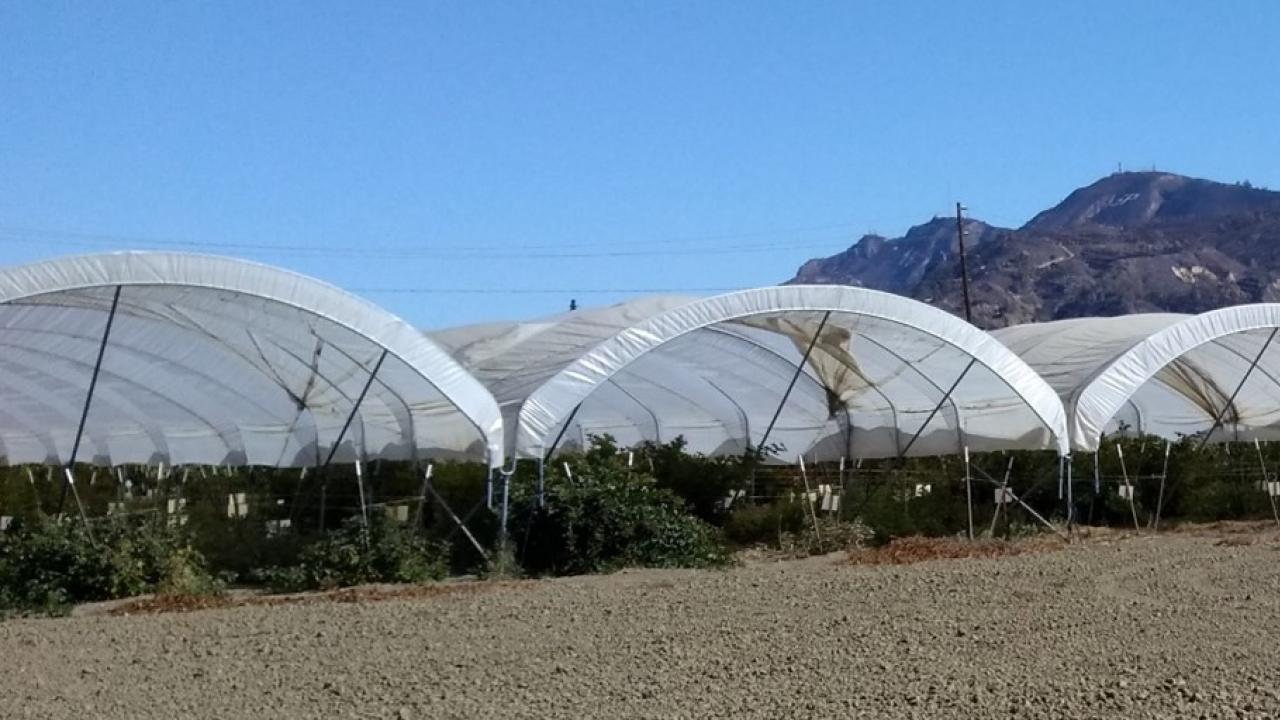
Can Working in Polytunnels Affect Farmworker Health and Safety?
Polytunnels, also known as hoop houses, are commonly used in farming across the U.S. They have a similar function as greenhouses: they protect plants from low temperatures and precipitation. Polytunnels are popular because they are flexible to use and relatively cheap to build. They are made of a metal or PVC skeleton covered with a thick, clear sheet of plastic. In California, polytunnels are used to grow berries, tomatoes, and flowers.
Health and safety
The temperature inside polytunnels may be warmer than outdoor air. This is because sun passes through the clear plastic sheeting, warming the air inside the polytunnel. The warm air can be trapped inside. Similarly, moisture from the plants can increase the humidity of the air inside the polytunnel. The warmer air and higher humidity can be good for plant growth.
Polytunnels can become too hot and humid, though. This can cause problems for both plants and people. Heat-related illnesses are serious medical conditions that can result from a person becoming too hot. The risk of heat illness for a farmworker may increase in polytunnels because of the higher temperature and humidity. Examples of heat-related illnesses are heat exhaustion and heat stroke.
Heat regulations on polytunnels
Most polytunnels fall under the Cal/OSHA outdoor heat regulation because the temperature and humidity inside them are higher than the area outside. The regulation requires protection for farmworkers working outdoors regardless of the temperature. Additional measures must be taken if the temperature is 80°F and over 95°F. But the temperature inside a polytunnel may be much hotter than outside, where the air temperature is typically monitored.
Because of their unique characteristics, growers and agricultural employers should take special steps to protect farmworkers from heat illness when they are working in polytunnels. Our next article will give recommendations for heat illness prevention in polytunnels.
This article provides a brief overview of polytunnels as part of our March 2024 seminar with speakers Isabella Kaser, Public Health Institute; Maripaula Valdes-Berriz, UC Division of Agriculture and Natural Resources; and Maureen McGuire, CEO of Ventura County Farm Bureau in collaboration with Roots of Change.
